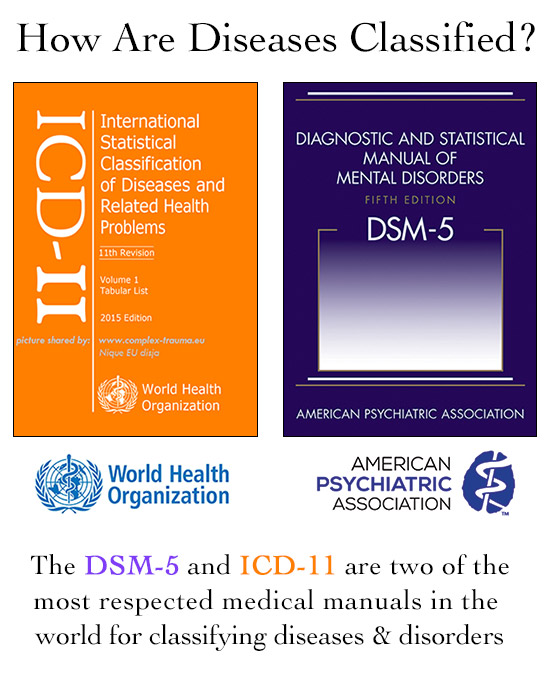You may have heard that post-traumatic stress disorder (PTSD) is a psychological condition that war veterans or victims of violence may develop. But have you heard of Complex PTSD? Both PTSD and CPTSD can arise after traumatic events in a person’s life, such as physical or emotional abuse, the death of a loved one, violence, witnessing violence or abuse, having a serious medical condition, and more. Researchers have been examining the difference between the two diagnoses in recent decades.
Authors of a 2019 study published in the European Journal of Psychotraumatology explain one difference. People with CPTSD have difficulty regulating their emotions and struggle with their identity and relationships due to trauma, while PTSD is a “fear-based disorder” caused by trauma. People with PTSD may have worse symptoms if they do not feel they have support from friends, family, or a significant other in their lives. However, psychologists do not know if this is also the case with CPTSD.
To learn more, the researchers designed a study to understand the relationship between perceived social support and a diagnosis of either CPTSD or PTSD. For this study, they analyzed previously-collected data from 246 individuals in the Netherlands who had been diagnosed with either CPTSD or PTSD. The study population was 96% white, 50% male and female, half were married or living with a partner, and 58% had college degrees. 69.5% were also unemployed, which the researchers explain is common among those with trauma disorders.
There are two sets of diagnostic criteria for identifying CPTSD and PTSD– the American Psychiatric Association’s Diagnostic and Statistical Manual of Mental Disorders (DSM-5) and the World Health Organization’s International Classification of Diseases (ICD-11). The DSM-5 accounts for PTSD and CPTSD in one set of criteria, while the ICD-11 separates the two. Of the 246 individuals in this study, 187 had taken questionnaires based on both sets of criteria. The rest had only used the DSM-5’s questionnaire. All patients had taken a third questionnaire called the “Multidimensional Scale of Perceived Social Support” to learn how they described the support systems in their lives, such as friends, family, or a significant other.

Source: Inspire Malibu Treatment Center
The researchers used a statistics technique called linear regression to show how much variation in the questionnaire results (having CPTSD or PTSD) was due to perceived social support. When based on the DSM-5 criteria, the regression model explained 19.5% of the variation in diagnosis. When using the ICD-11, it was 19.4%. This means both models were about equally useful in telling the researchers if any given patient’s sense of support can predict if they’ll be diagnosed with CPTSD.
If the patients were married or had a job, they were more likely to feel supported by their social circle. If they had what the DSM-5 calls “negative alterations in cognition and mood” they were more likely to perceive less social support. In the ICD-11 questionnaire, patients with “disturbances in relationships” and who felt “emotionally numb” were more likely to perceive less social support. Taking a long time to calm down after being upset was linked to greater social support, which surprised the researchers. However, they explained this may have been due to chance or some other factor that was not measured by the testing method.
Next, the scientists compared the two conditions. They found that people diagnosed with CPTSD were only three-fourths as likely to feel socially supported in their lives, compared to those with PTSD. However, this does not mean that less social support worsens CPTSD, or that CPTSD causes the patient to have less social support. These things can’t be determined from this study — correlation does not imply causation.
The study design was “cross-sectional” – it used previously collected data from patients. It was not a controlled experiment. Therefore, it cannot predict things like the severity of CPTSD based on perceived social support. These questions require different types of studies to understand. The researchers also pointed out that the study was predominantly college-educated white people, so these results may not be generalizable to all CPTSD sufferers. However, the authors emphasize the importance of having a support system when suffering from a trauma-related disorder. This study also provides evidence for ways that CPTSD and PTSD may be different.


